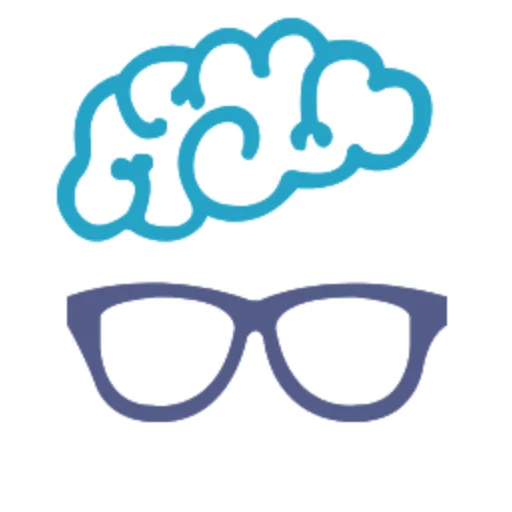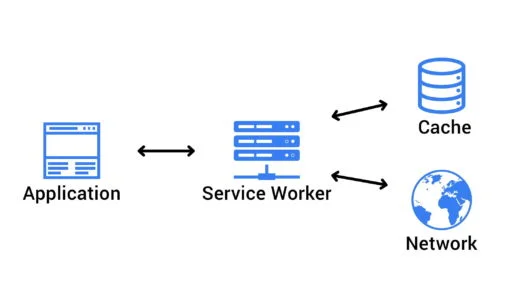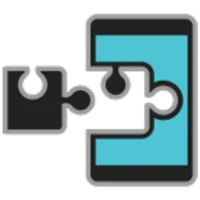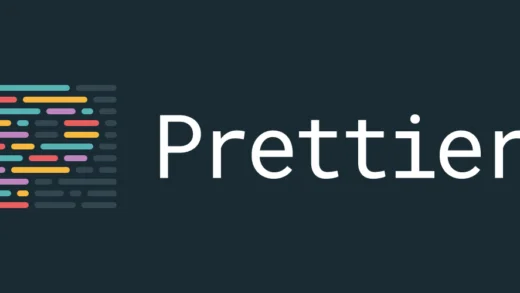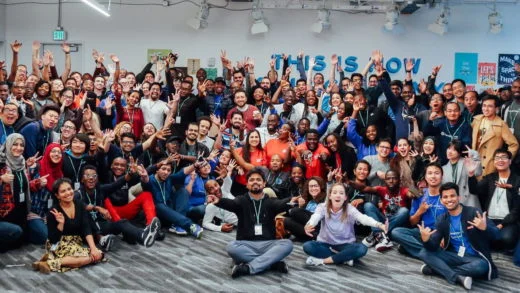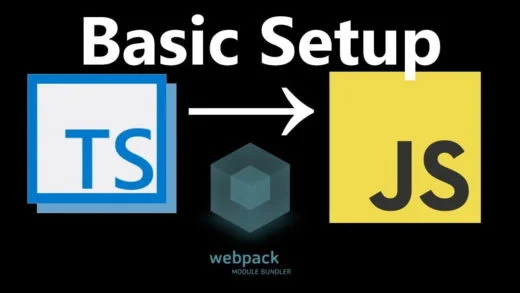Gone are the days when being called a ‘geek’ was a backhanded compliment. Today, geek culture has not only gained widespread acceptance but has also become a badge of honor in many circles, particularly in education! This shift reflects a broader societal change where once-niche interests in technology, science fiction, gaming, and comics are now at the forefront of mainstream media and popular culture. Geek culture, focusing on intellectual enthusiasm and creativity, offers a unique and enriching perspective to the educational landscape.
The influence of geek culture in education goes beyond just making learning more engaging. It introduces new and innovative ways to explore complex concepts, fosters creative problem-solving skills, and encourages students to pursue their passions with zeal. Whether through robotics clubs, coding bootcamps, or literary discussions on science fiction, embracing geek culture in education opens up a world of possibilities for learners of all ages.
For many students, geek culture is a gateway to exploring their interests in greater depth. It’s not uncommon for students to seek ways to combine their academic pursuits with their geeky interests, sometimes leading them to think, “Can I do my homework online in a way that aligns with my love for technology or gaming?” Indeed, integrating geek culture in education is not just about making learning fun; it’s about creating an environment where passion and education intersect, leading to a more fulfilling and engaging learning experience.
The Impact of Geek Culture in Education
One significant impact of geek culture in education is the way it has democratized learning. By leveraging interests in areas like gaming, coding, or fantasy literature, educators can create more inclusive and engaging learning experiences.
For instance, using game-based learning or gamification in the classroom can make complex subjects more accessible and enjoyable for students. This approach not only improves engagement but also enhances retention of information and encourages collaborative learning.
Another key aspect is the empowerment of students to pursue their passions. Geek culture often involves deep dives into specific topics, encouraging a culture of in-depth learning and inquiry. This can be particularly beneficial in STEM (Science, Technology, Engineering, and Mathematics) education, where passion-driven projects and explorations can lead to significant innovations and discoveries.

Integrating Geek Culture in Educational Settings
The integration of geek culture in education can take various forms. For instance, coding and robotics clubs in schools tap into students’ interests in technology and provide hands-on learning experiences. Science fiction and fantasy literature can be used to explore complex themes and ethical dilemmas, making subjects like literature and philosophy more relatable and engaging.
Project-based learning, where students work on projects related to their interests, is another effective approach. These projects not only allow students to delve deep into subjects they’re passionate about but also help them develop research, critical thinking, and problem-solving skills.
Moreover, the rise of esports and gaming clubs in educational institutions is a testament to the growing influence of geek culture. These platforms not only provide an outlet for gaming enthusiasts but also teach valuable skills such as strategic thinking, teamwork, and leadership.
Challenges and Considerations
While integrating geek culture in education offers numerous benefits, it also presents certain challenges. Ensuring that geek-oriented learning activities align with educational standards and learning objectives is crucial. It’s also important to make these activities inclusive, ensuring that all students, regardless of their background or interests, can participate and benefit from them.
Additionally, there’s a need to balance embracing geek culture and maintaining a broad and diverse curriculum. While geek culture can greatly enhance learning, it should complement, rather than replace, traditional educational approaches.
Fostering Creativity and Innovation
Embracing geek culture in education not only makes learning more engaging but also fosters creativity and innovation. When students are allowed to explore their geeky interests, they often develop inventive solutions to complex problems.
This creativity is particularly evident in fields like computer science, where students can create unique software or apps as part of their coursework or extracurricular activities.
Encouraging Deep Dives into Subject Matter
One of the hallmarks of geek culture is the tendency to dive into subjects of interest deeply. This aspect can be harnessed in an educational setting to encourage students to explore subjects beyond the surface level.
For instance, a student interested in astronomy might undertake a detailed project on celestial phenomena. In contrast, a student fascinated by fantasy literature might analyze the historical influences of popular fantasy series.
The Role of Geek Culture in Developing Soft Skills
While the focus is often on academic skills, embracing geek culture in education also helps students develop essential soft skills. Participating in team-based activities like robotics competitions or debate clubs focused on science fiction themes fosters teamwork, communication, and leadership skills.
These experiences are invaluable in preparing students for the collaborative nature of the modern workplace.
Balancing Geek Interests with General Education
While it’s important to integrate geek culture into education, it’s equally crucial to maintain a balance. Educators should strive to ensure that while students pursue their geeky interests, they also receive a well-rounded education. This balance ensures that students are not only well-versed in their areas of passion but are also equipped with a broad range of knowledge and skills.
Final Thoughts
Integrating geek culture in education reflects a changing world where diverse interests and passions are celebrated. By embracing this culture, educators can create more engaging, inclusive, and effective learning environments.
For students, the intersection of geek culture and education offers a unique opportunity to pursue their passions, develop essential skills, and prepare for a future where these interests are increasingly relevant. As we continue to explore the possibilities of this integration, the potential for innovation, creativity, and deeper learning in education is boundless.
Ultimately, geek culture in education is more than just a trend; it’s a pathway to a more engaging, dynamic, and inclusive approach to learning.
